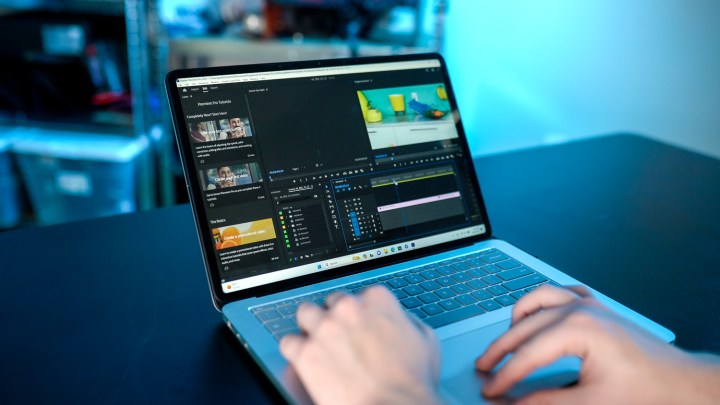
The first details about Windows 12 are starting to take shape, and the rumored OS could repeat the biggest mistake of Windows 11. As we’ve heard previously, the new OS will likely have a big focus on AI features. Now, we’re hearing that many of those features will require a dedicated Neural Processing Unit (NPU), as reported by Windows Central.
It’s hard to forget the fumble Microsoft made with Windows 11 and its requirement of a Trusted Platform Module (TPM). This security chip isn’t included, at least in hardware, on the majority of off-the-shelf PC components, leading many to believe their PC wasn’t compatible with
We could see that play out again if Windows 12 requires an NPU. The report from Windows Central states that the next version of Windows will heavily focus on AI. Some features could include an advanced Windows Copilot, AI-enhanced search, AI upscaling for games and videos, and AI-animated wallpapers, “much of which will likely require new NPU hardware to function.”
The report stops short of saying the next version of Windows will flat-out require an NPU, but many of the features could be restricted to that hardware. It’s unlikely that Microsoft would go as far as to require an NPU to use
AMD was first out of the gate with Ryzen AI, which it’s furthering with Ryzen 8040 CPUs. In addition, we know Intel’s upcoming Meteor Lake CPUs will pack in an NPU. Qualcomm is even throwing its hat in the ring with its Snapdragon X Elite chips for Windows PCs.
Come next year, we’ll have plenty of AI PCs, but they’ll be new and likely very expensive. Microsoft doesn’t want to restrict the next version of Windows to only users who can afford the latest and greatest
That doesn’t completely get around the problem, though. If AI features are the main draw of
We know that AI is a big focus for Microsoft, and several reports now have claimed that



